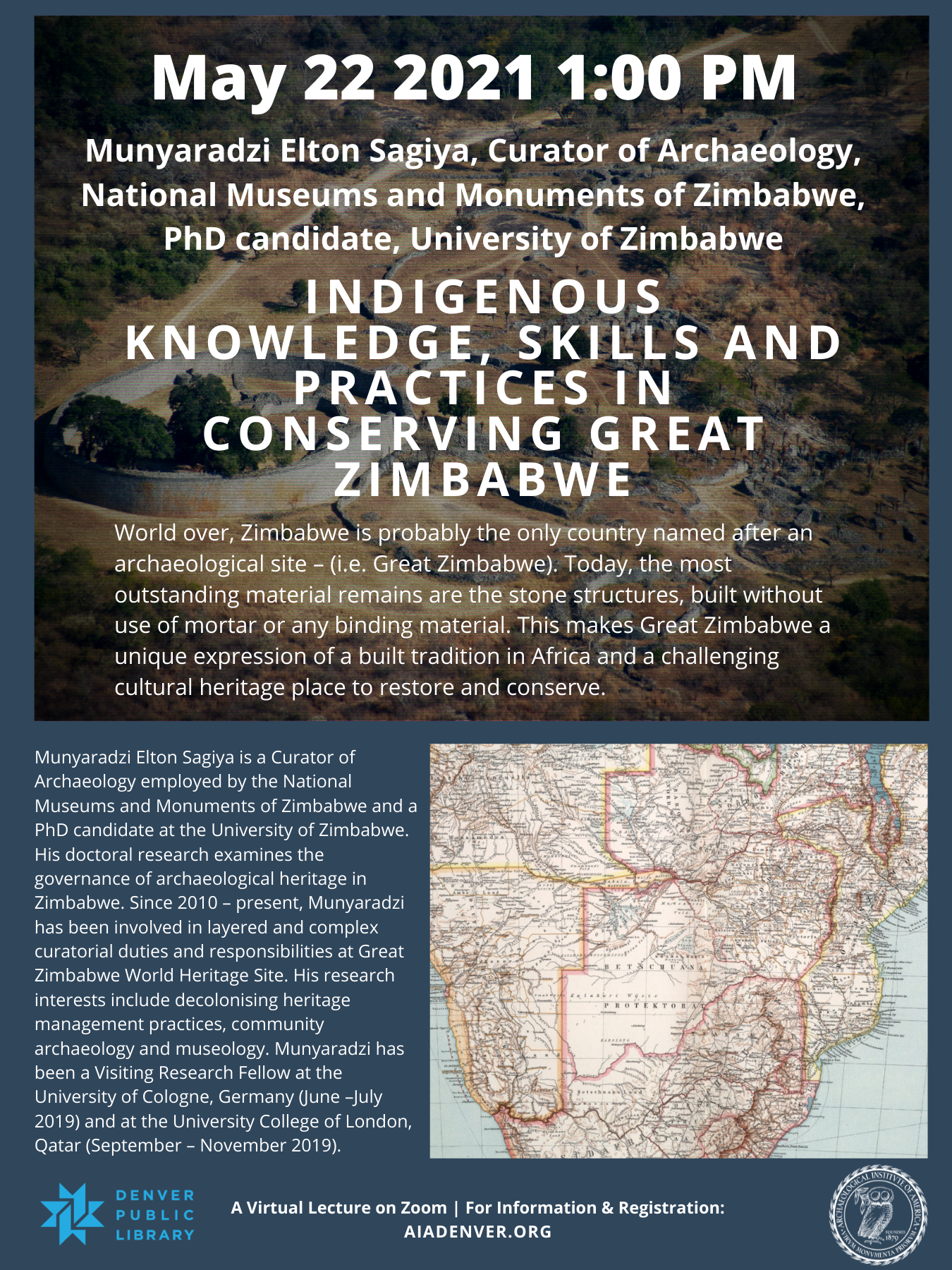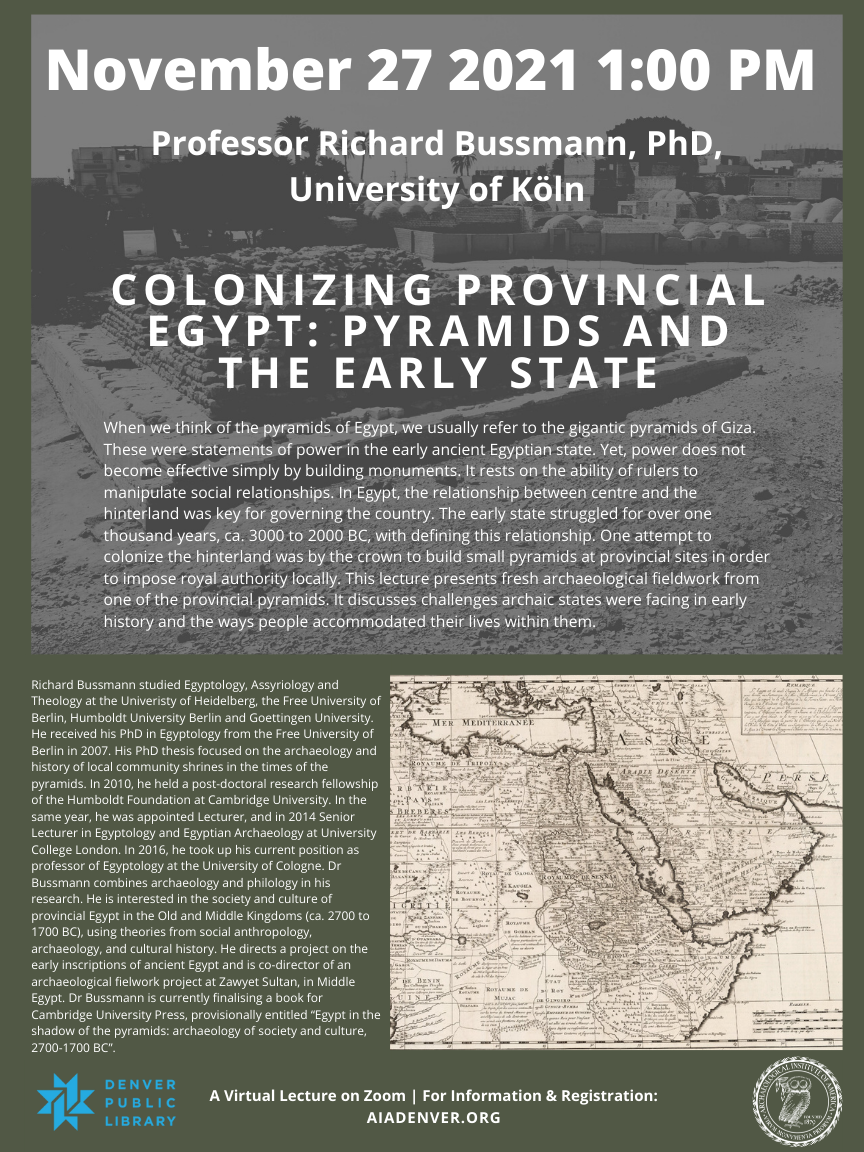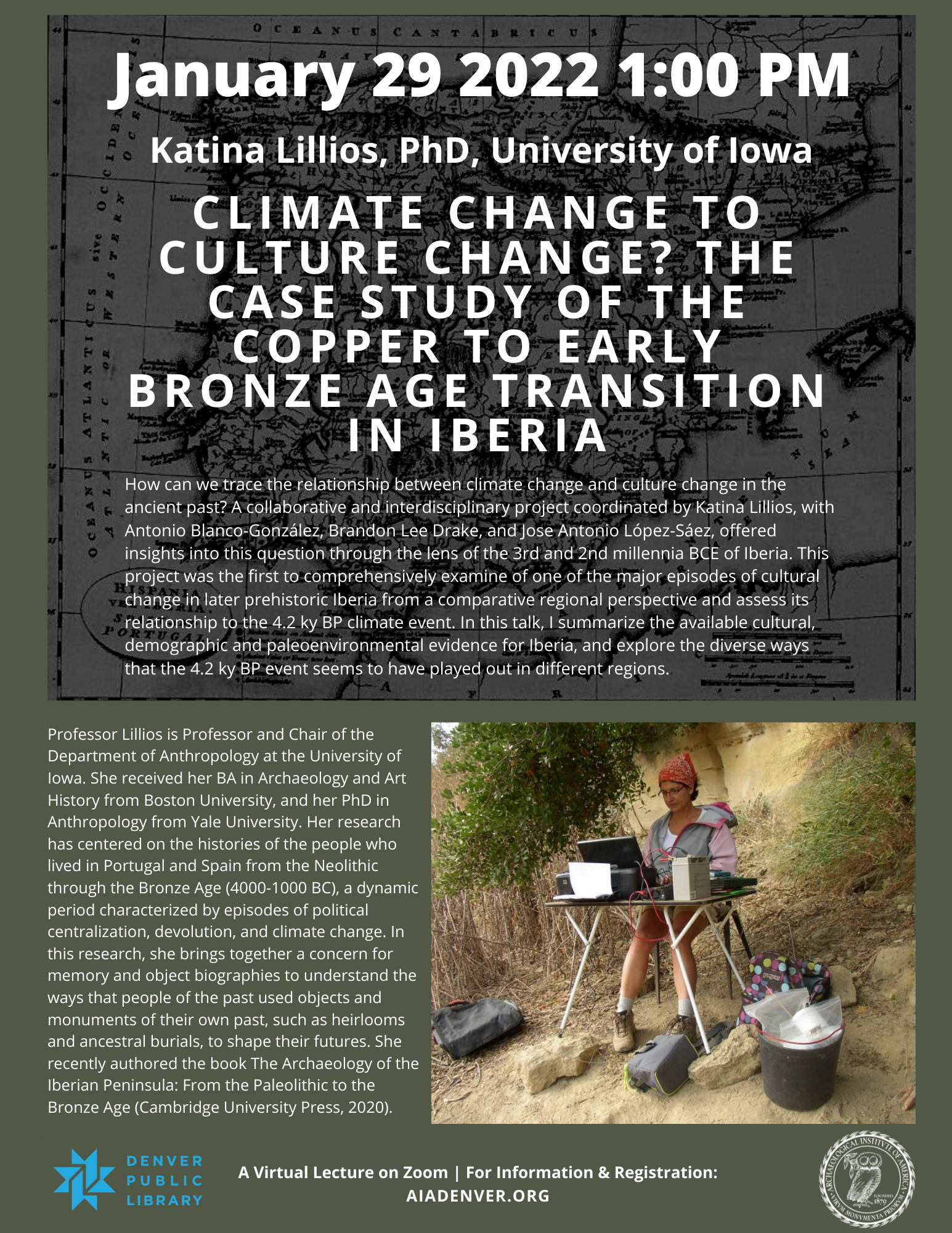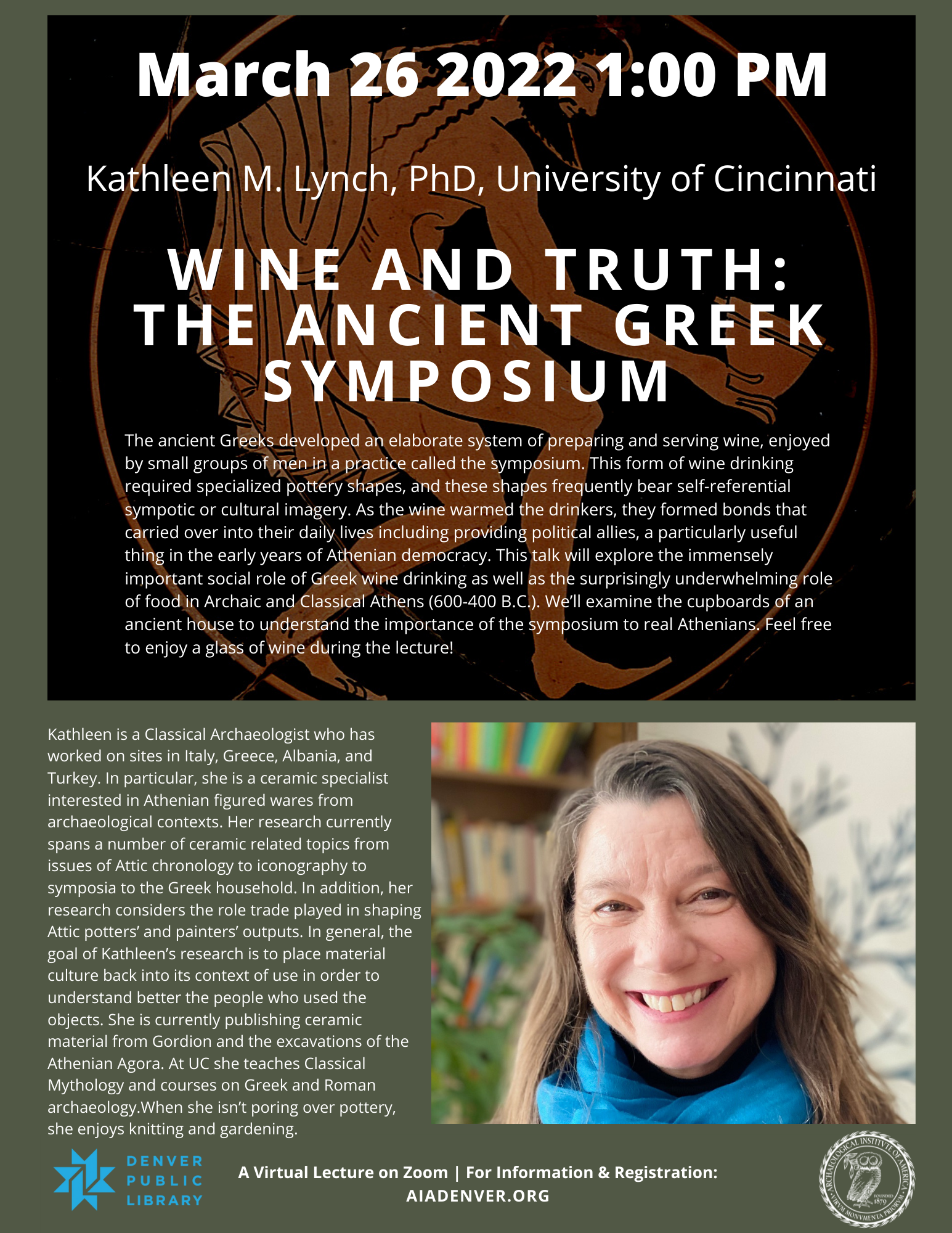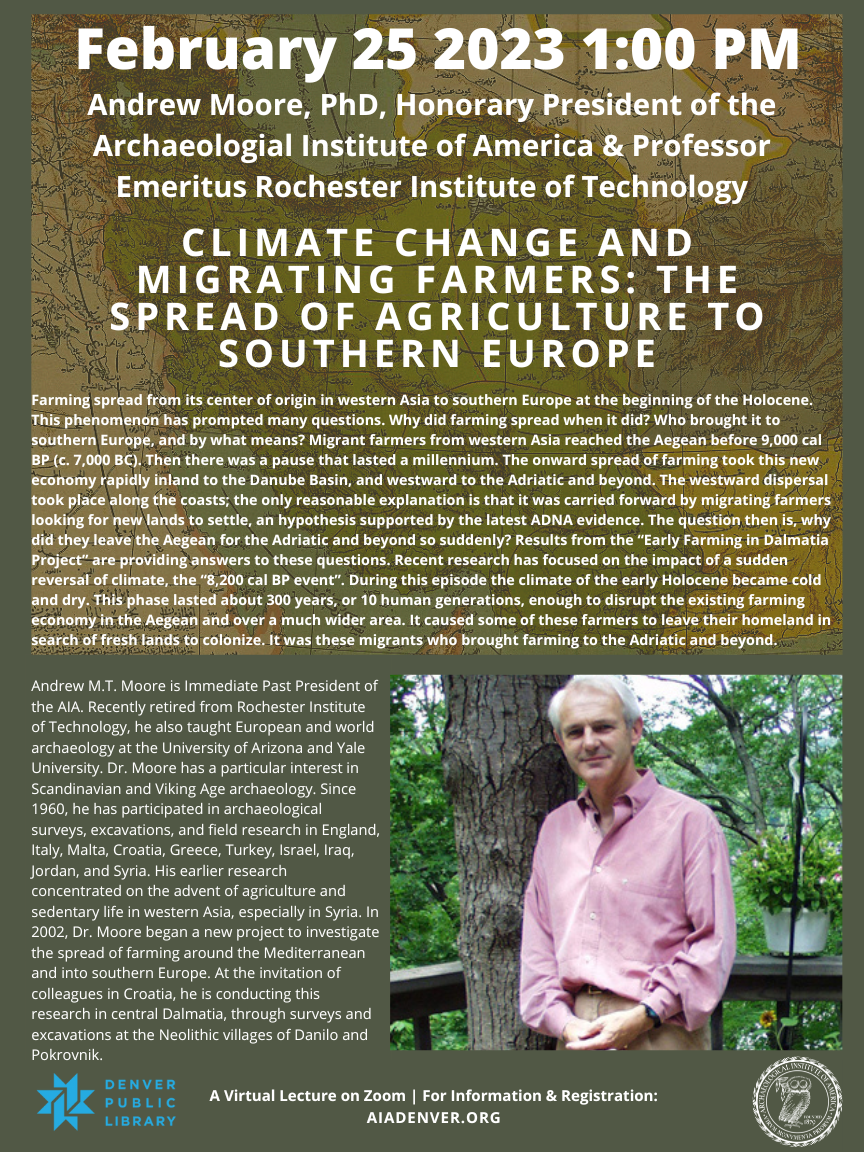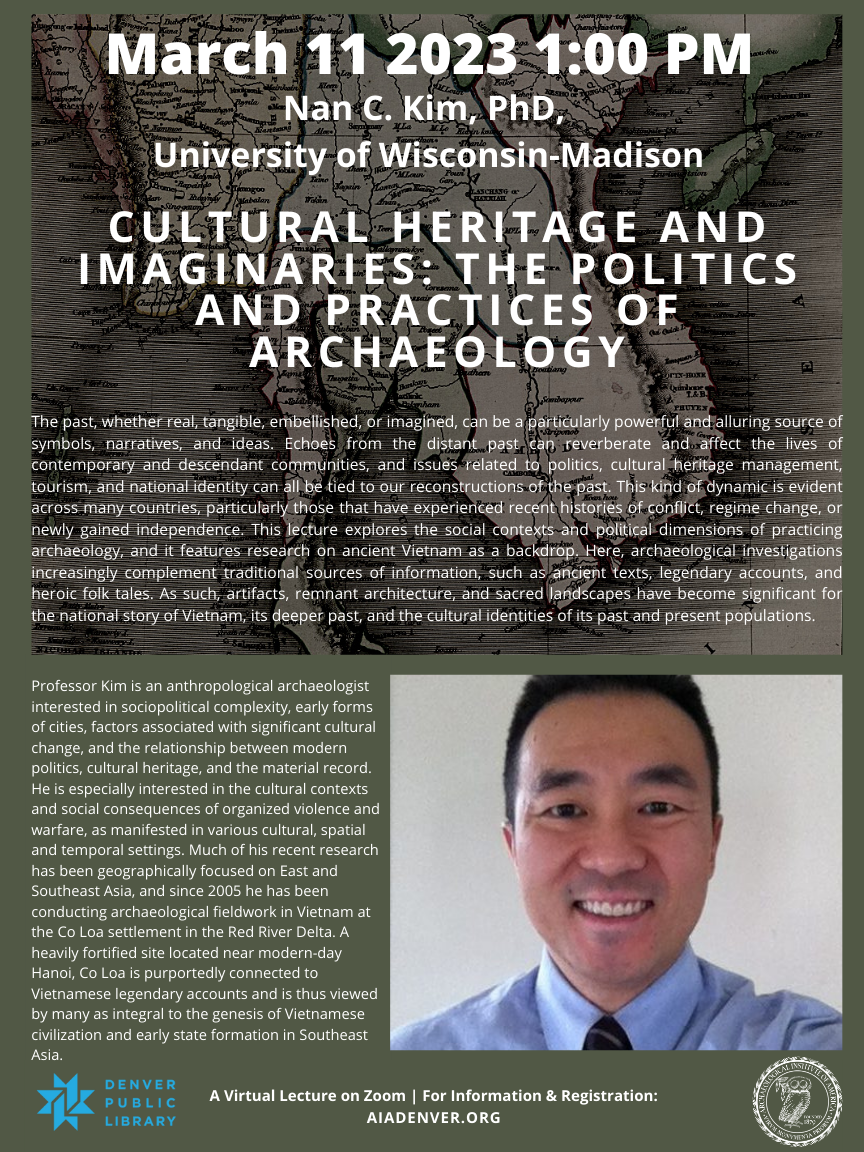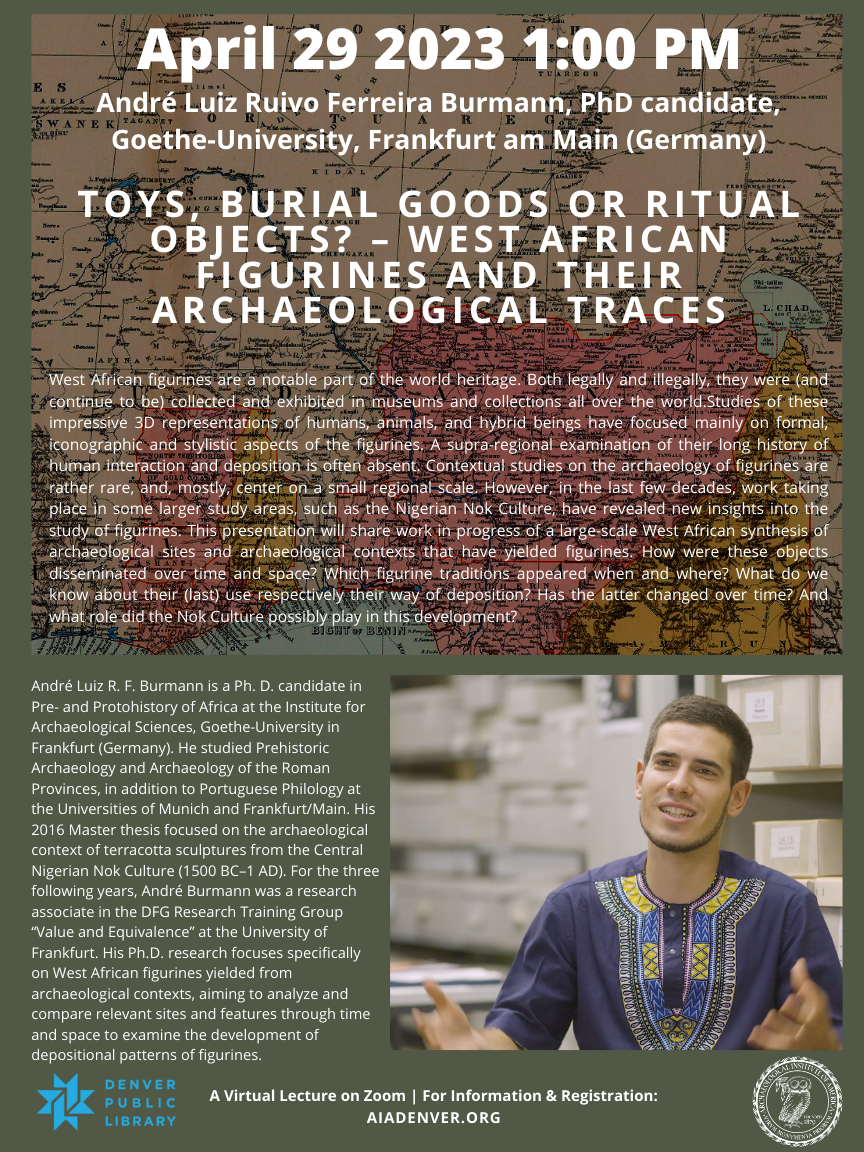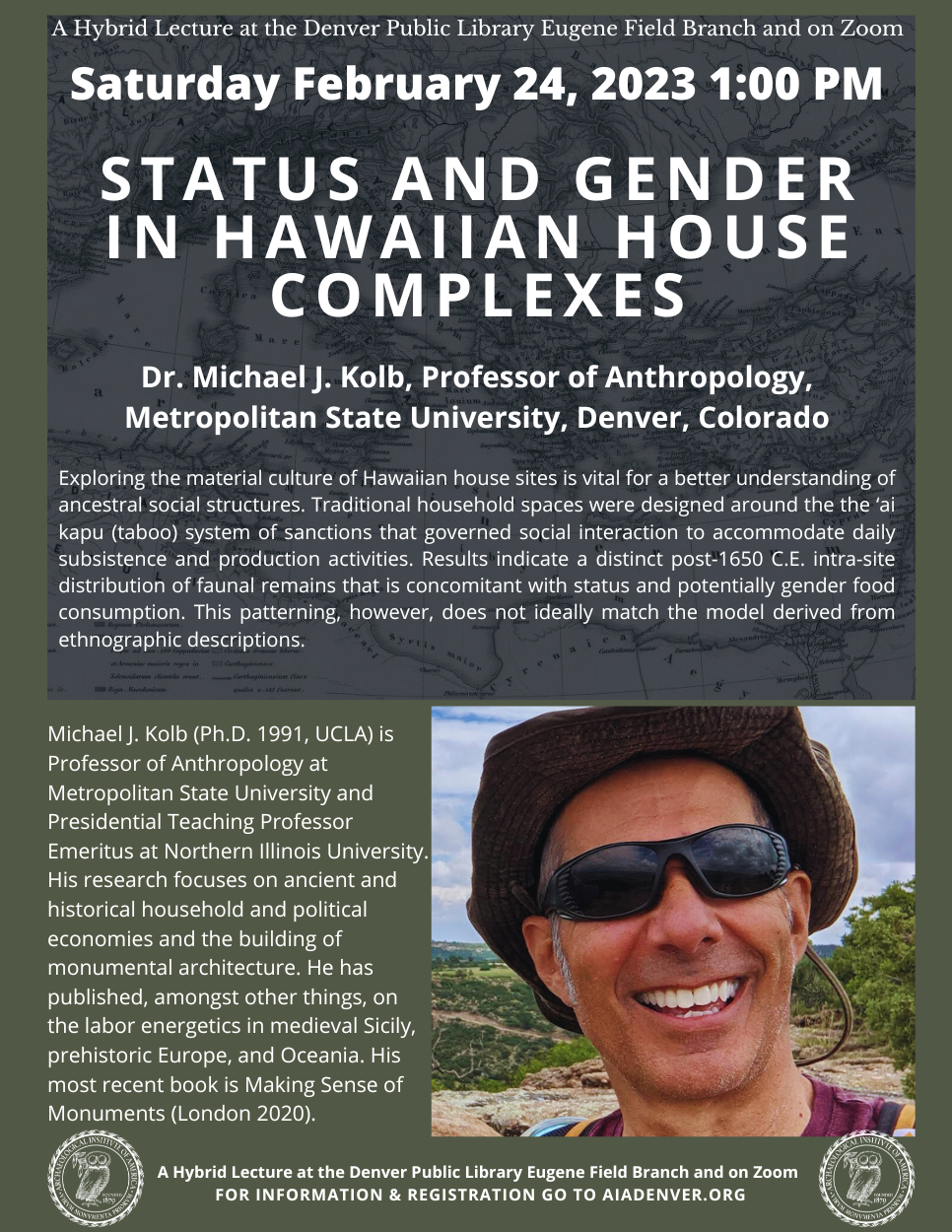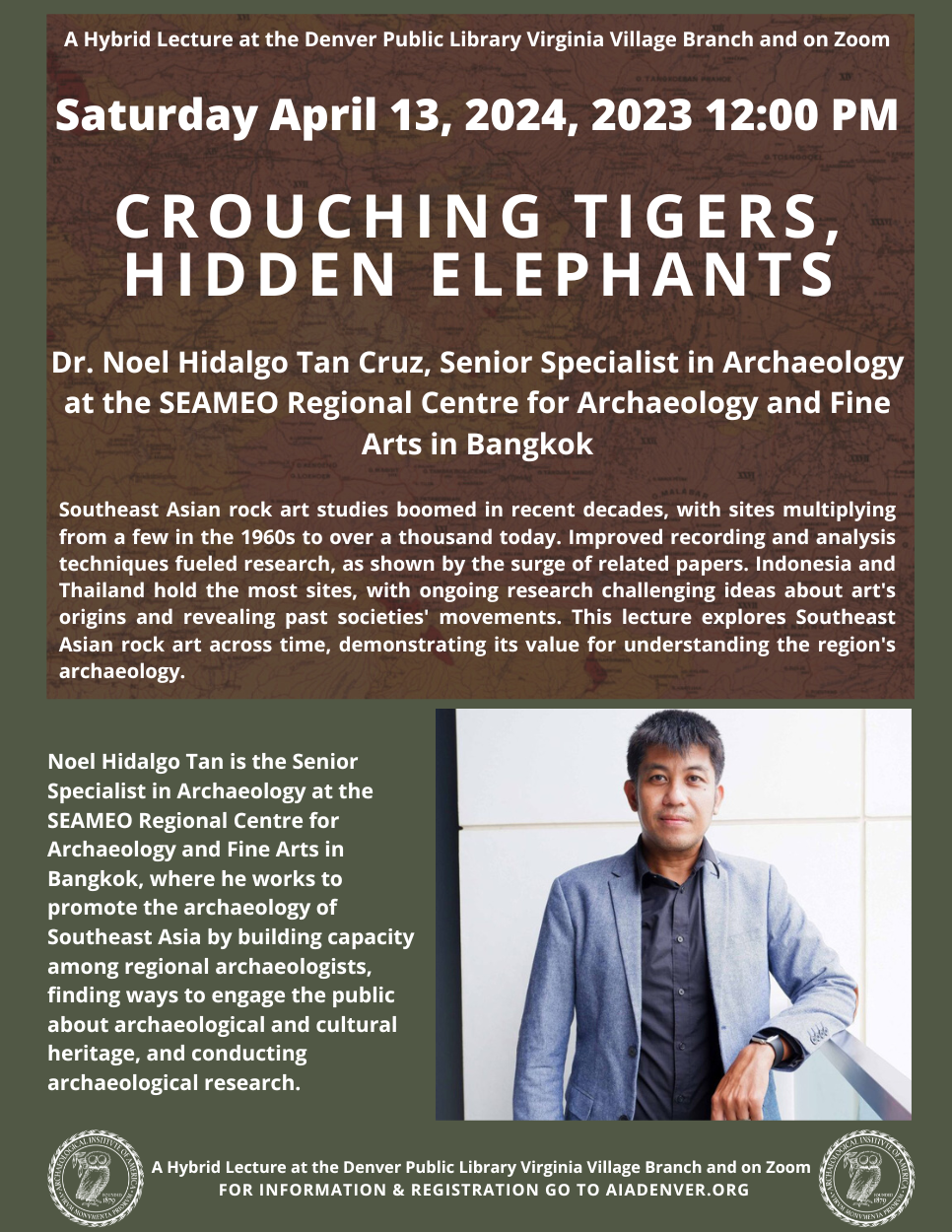Indigenous knowledge, skills and practices in conserving Great Zimbabwe
Abstract: World over, Zimbabwe is probably the only country named after an archaeological site – (i.e. Great Zimbabwe). Today, the most outstanding material remains are the stone structures, built without the use of mortar or any binding material. This makes Great Zimbabwe a unique expression of a built tradition in Africa and a challenging cultural […]
